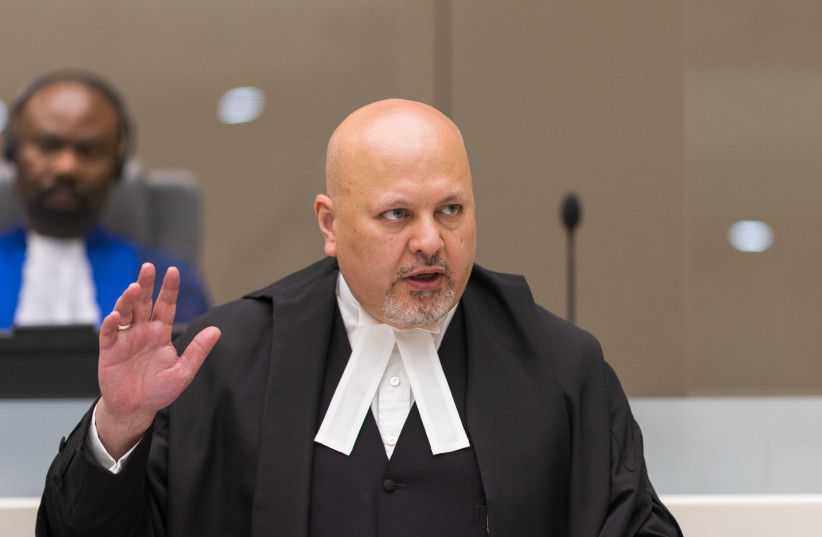Former High Court Chief Justice Dorit Beinisch on Wednesday accused Israel's government of weakening the judiciary's independence to such an extent in 2023, that the International Court of Justice and International Criminal Court found it much easier to come after Israelis for alleged war crimes.
According to Beinisch, who was speaking at a Reichman University conference, it was the government's ongoing judicial overhaul, including the repeal of aspects of the judiciary's power of judicial review, which led international jurists to be less deferential to the idea of Israel's legal system being independent and trustworthy, and to concluding that Prime Minister Benjamin Netanyahu and Defense Minister Yoav Gallant have committed alleged war crimes.
Allegations of war crimes
Despite this pessimism, Beinisch believed that Israel could still head-off the more serious pressure from the ICC, and maybe also from the ICJ, if the government approves an independent state inquiry.
The reason would be that until now the ICC and ICJ could claim that no one in Israel is probing the war cabinet's conduct of the war, meaning that probes are only being directed at IDF soldiers.
Once Israel can present a serious probe also of war cabinet decisions, the ICC might lose jurisdiction, since it is only supposed to probe suspects in countries to the extent that those countries do not probe their own citizens or leaders.

There is no specific similar limit on ICJ jurisdiction, and the ICJ's legal powers relate more to general international law, than specific criminal cases, but both politically and legally, the ICJ could also find it harder to go after Israel if a state inquiry was probing the war cabinet.
However, Netanyahu still opposes such a state inquiry out of concern that diving deep into his responsibility for failing to stop Hamas's October 7 invasion would undermine his continued ability to serve as prime minister.
Despite Beinisch's claims, other top experts have said that Israel might have found itself in the current war crimes allegations predicament regardless of the judicial overhaul, simply on the basis of the sheer volume of 37,000 allegedly killed Palestinians.
The unprecedentedly large quantity of killed Palestinian civilians, even if the number turns out to be lower and even subtracting around 16,000 Hamas terrorists, so dwarfs previous conflicts, such as in 2014 when around 1,000 Hamas fighters and 1,000 Palestinian civilians were killed, that Israel might have had to defend its conduct of the war in court in any scenario.
